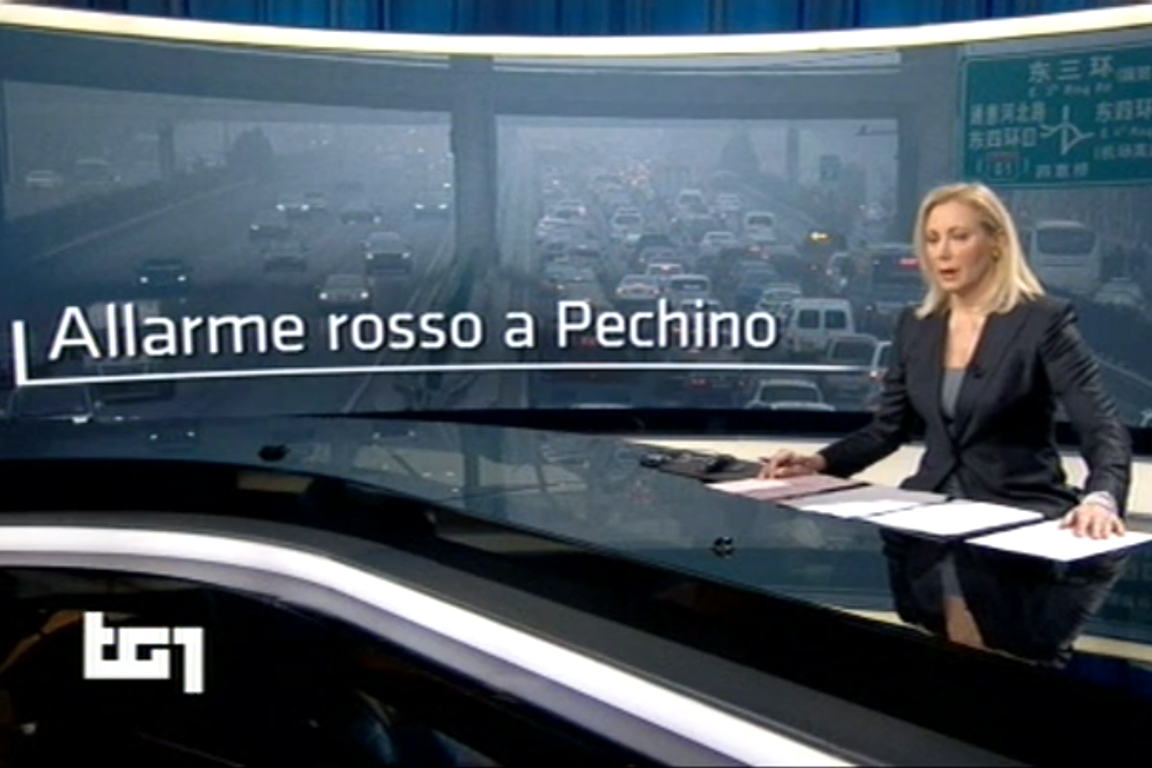The Web is ISIS’s Nuclear Bomb. This is what Loretta Napoleoni, author of books on the economic side of terrorism, wrote in an article for the leftwinger Italian newspaper Il Fatto Quotidiano.
Napoleoni claims that – as the Marxist ideology did in the past with the “word-of-mouth” or, better, “word-of-book” – ISIS’s propaganda gets its power from a new “ideology-spreading-tool”: the Internet, and thank to the Internet will last, no matter what:
Even though, hypothetically, we should succeed in taking out all of ISIS’s warriors by bombing them and killing al Baghdadi, the ideology that these people have created and their universal message will last on the Internet.
I don’t have enough authority to challenge the curious association Napoleoni did between Karl Marx philosophy and ISIS’s vision of the Islamic religion, but I find grossly superficial and offensive for the victims of (every) war to compare “the Web” to a nuclear bomb.
As I wrote in a post, war is made of bullets, and bullets hurt as do (nuclear) bombs. Bombs make carnage, slaughters, shred a human being in pieces, burn, annihilate, vaporize, wipe communities, blindly kill innocents, pollute lands for centuries or millennia (ask Hiroshima and Nagasaki survivors for additional info, just in case.) E-mail, newsgroups, chats, FTP (yes, Napoleoni, the Internet is not only made by HTTP) are tool of freedom designed by free people to give humans a free chance to communicate with no physical and social barrier.
Those like Napoleoni – and her cultural associates, member of the “Internet-as-a-threat Club” – should simply accept the fact that ideas are countered (and sometimes, fought) with ideas and that the worst way to challenge a disturbing statement is to censor it.
The idea that a sole statement might change somebody’s personal philosophy up to turning him into a human bomb carrier is simply wrong. Change of mind happens by way of? tragedies, loneliness, apartheid and injustice and not because of a tweet.
As per the “Internet Patrolling” advocated (not only) by Napoleoni – though sadly labelled by her as ineffective – again, let’s go back to basics: as the East Germany, Russian and Italian political police history show, to fight an enemy and prevent attacks there is no substitute for an actual, massive, ruthless and pervasive physical control. But t this is disturbing and, rightly so, nobody in the Western world is available to give a government so much power.
And here comes the brilliant solution: let’s fall back on the Internet and blame “the Web” as a radicalization tool.
No, Napoleoni, ideologies will not last because of a blog. They will stand until there will be inequality in world, it means until the end of time.


